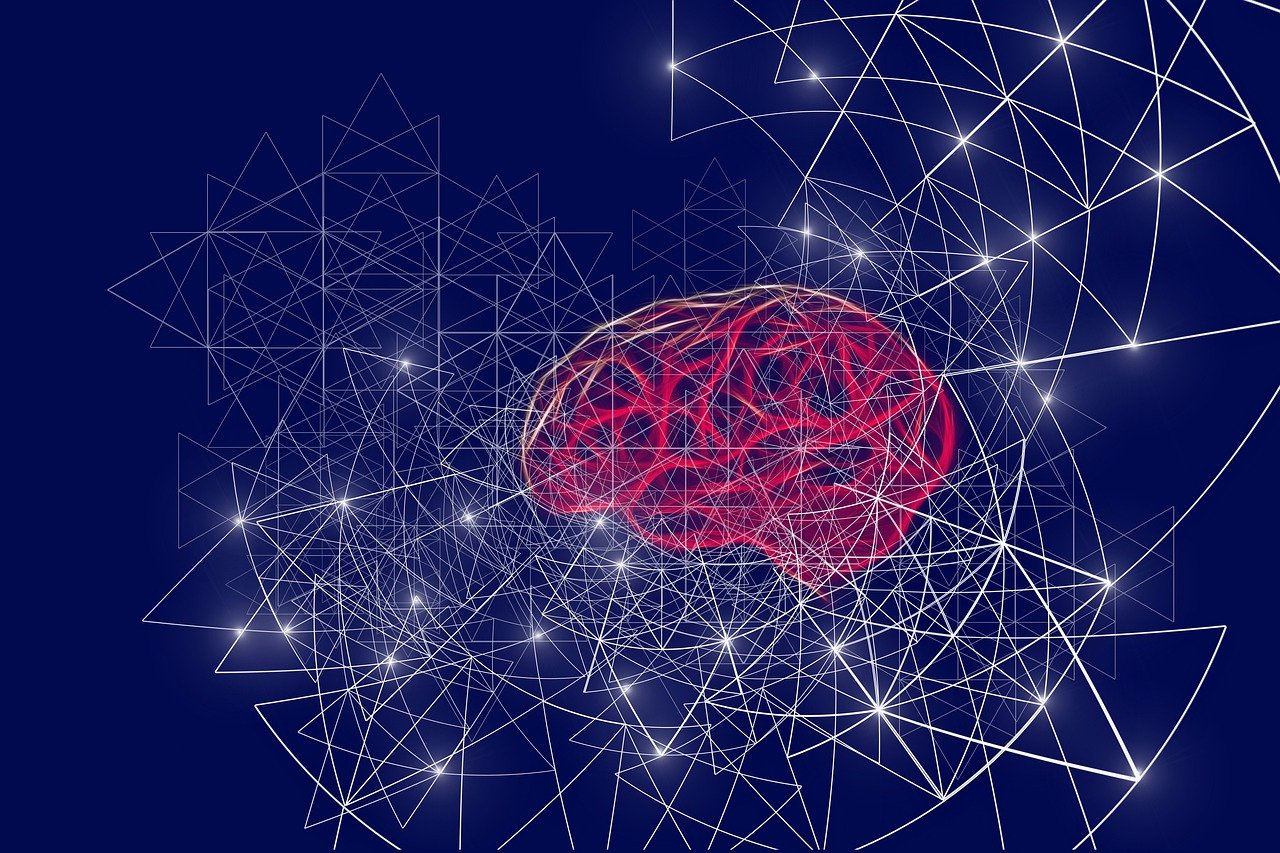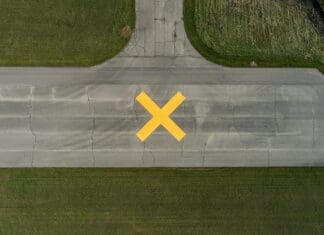This post is also available in:
 עברית (Hebrew)
עברית (Hebrew)
Just like it’s easier to teach someone than to expect them to learn independently as they go, experts claim we can improve artificial intelligence by incorporating fundamental rules (like the laws of physics) into their training. While this could make the AI more efficient and better at understanding the real world, it can be difficult to determine which rules are most valuable.
Deep learning has seriously changed how scientists research by finding important connections in lots of data, but there are still problems with using only data. While generative AI models learn exclusively from data, lack an understanding of physical laws and struggle with new situations, informed machine learning offers an alternative, incorporating rules to guide training. However, the importance of rules vs data still remains unclear.
According to Interesting Engineering, the researchers developed a framework to assess rule contribution to model accuracy, which is optimized by adjusting rule influence and filtering out redundant ones. This approach improves model performance and can optimize experimental conditions.
First author of the study Hao Xu of Peking University explains: “Embedding human knowledge into AI models has the potential to improve their efficiency and ability to make inferences, but the question is how to balance the influence of data and knowledge. Our framework can be employed to evaluate different knowledge and rules to enhance the predictive capability of deep learning models.”
While data-driven models are good at tasks they were trained on but struggle with changes, rule-driven models actually do better when things change. “We are trying to teach AI models the laws of physics so that they can be more reflective of the real world, which would make them more useful in science and engineering,” explains senior author of the study Yuntian Chen.
The researchers concluded they want to make the model into a real AI scientist, with Chen stating: “We are working to develop a model that can directly extract knowledge from the data and then use this knowledge to create rules and improve itself.”


























